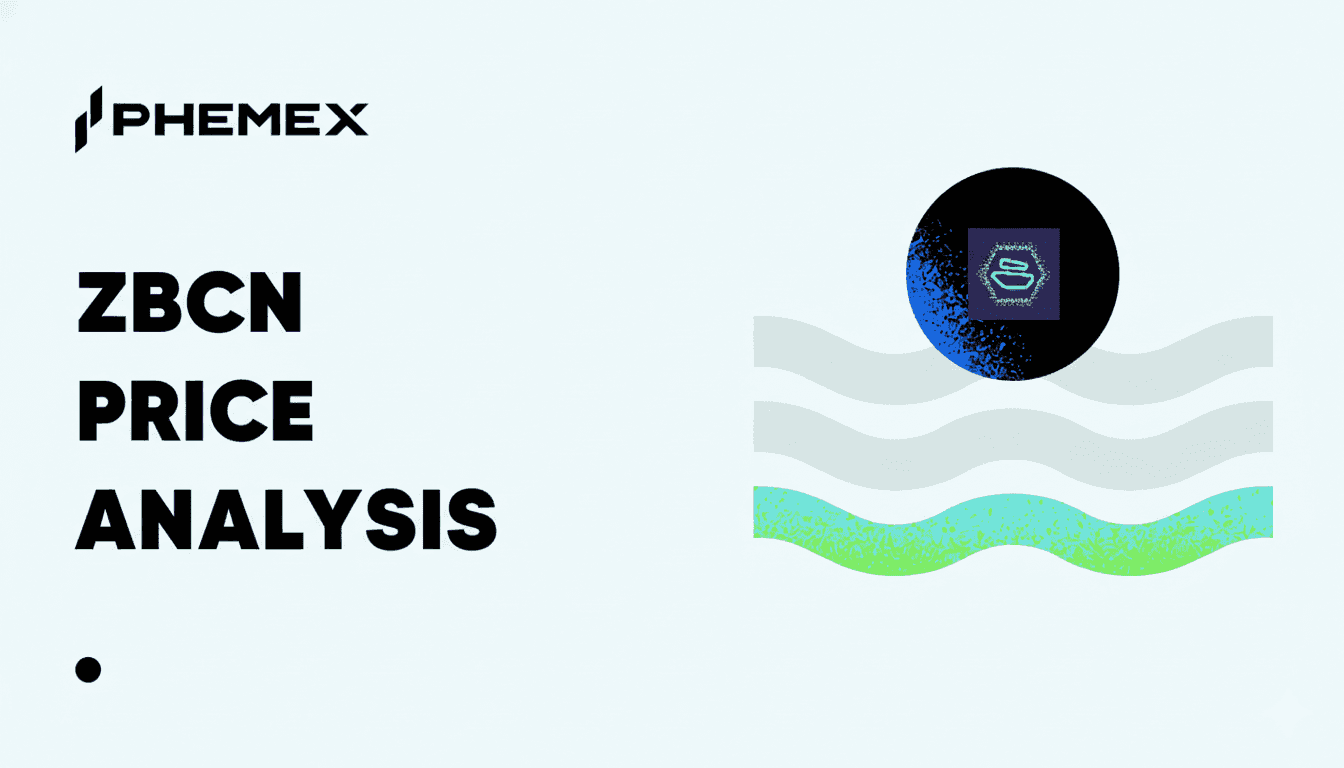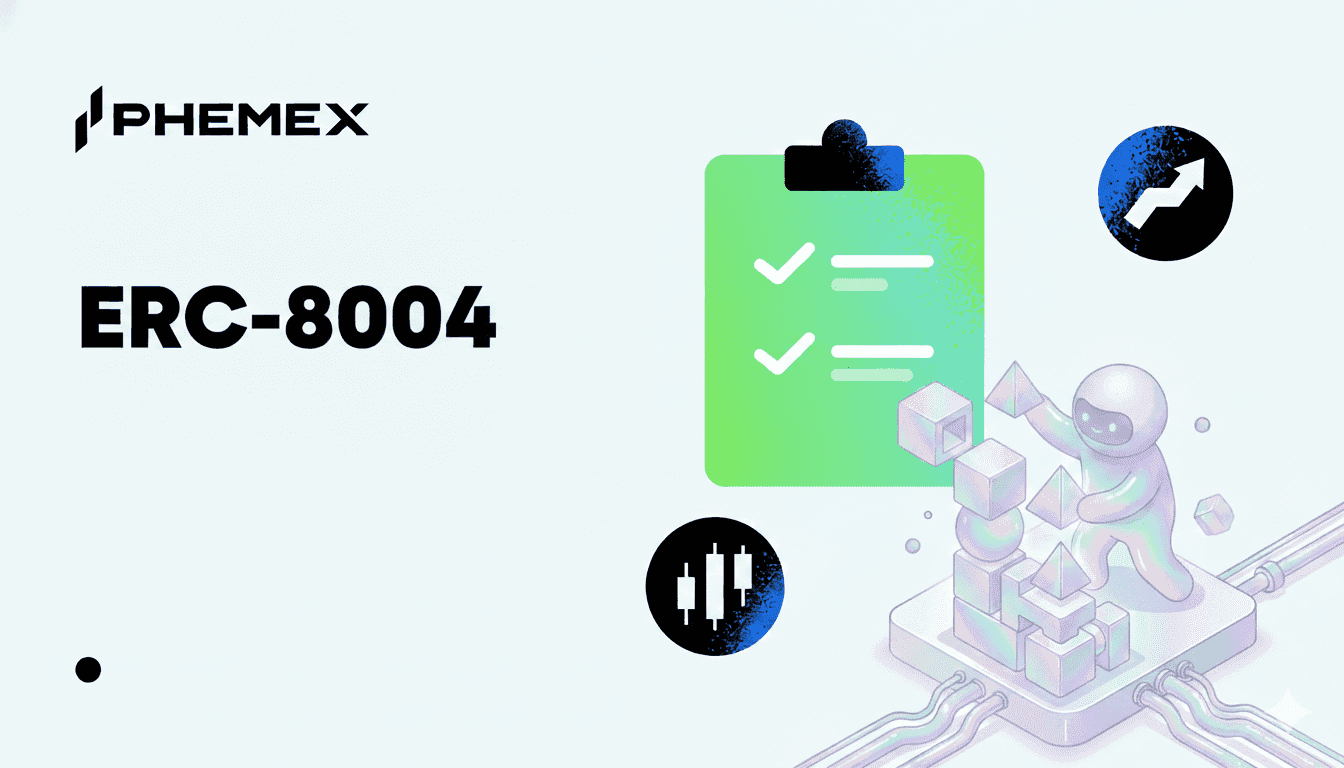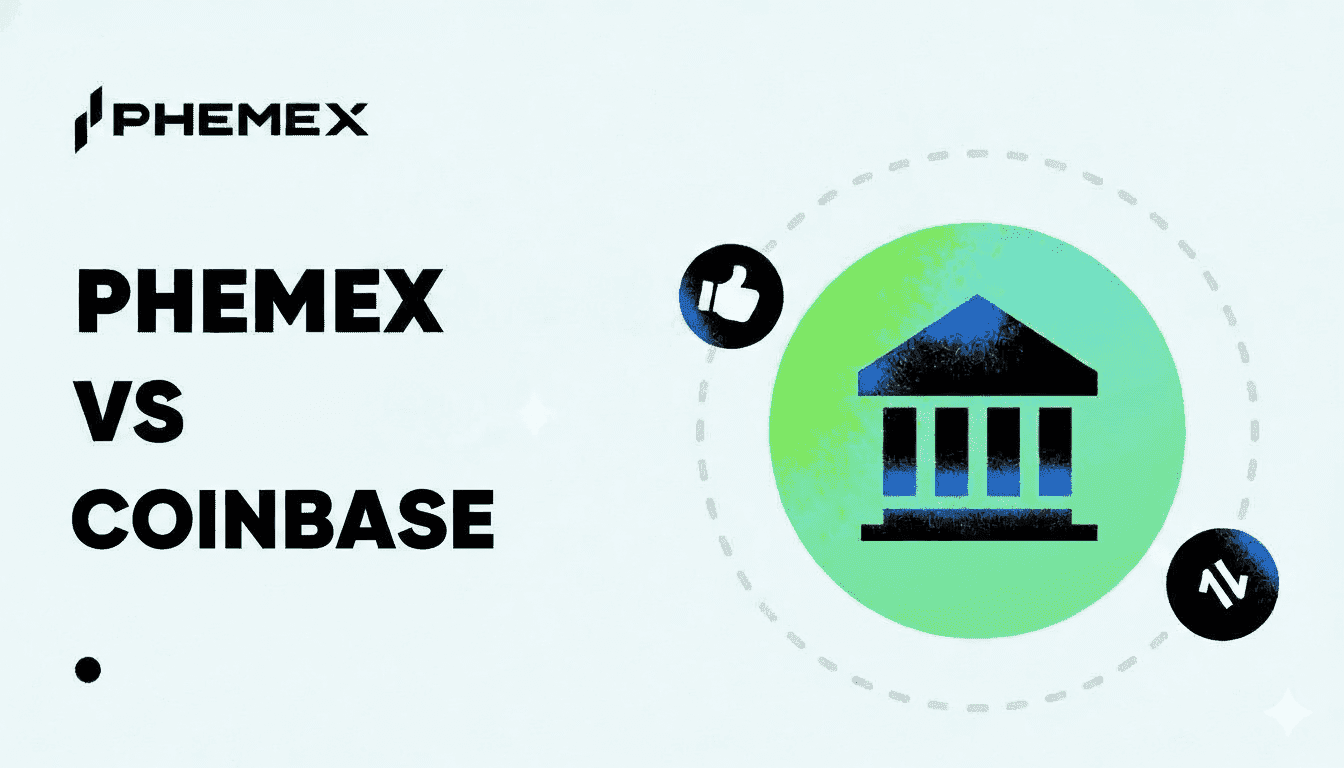
The most popular starting point to trading cryptocurrencies and other digital assets is to register an account on a crypto exchange. Several cryptocurrency exchanges make it possible to swap one cryptocurrency for another, as well as for fiat currency and NFT. Different from the conventional markets, cryptocurrency also has decentralized exchanges where buyers can trade cryptocurrencies in an anonymous manner.
What are Crypto Exchanges?
Before the invention of cryptocurrency exchanges, users could only acquire cryptocurrencies by mining or by setting up transactions in online and offline forums. Today you can buy and sell cryptocurrencies like Bitcoin via exchanges that operate similarly to brokers. With reasonable fees and robust security measures, the best cryptocurrency exchanges make it simple to purchase and sell the currencies you desire. In contrast to typical stock market exchanges, which have set trading hours, cryptocurrency exchanges are open 24/7. The market for cryptocurrencies is therefore constantly active.
Many cryptocurrencies run on decentralized blockchains with a variety of aspects like non-fungible tokens (NFTs), decentralized apps (dApps), decentralized finance (DeFi), and more. Beginners must therefore comprehend how cryptocurrency markets work in order to ensure that they navigate them safely.
Centralized Crypto Exchanges (CEX)
Centralized cryptocurrency exchanges serve as an agent between buyers and sellers, generating revenue through commissions and fees for transactions. A CEX can be regarded as a stock exchange for digital assets. Most prominent exchanges nowadays, including Phemex, are centralized.
To provide their clients with access to cryptocurrencies, centralized exchanges like Phemex go through a process to list them. They also manage the order book, wallets, accounts, and customer support in addition to offering extra services and products including savings accounts, and educational content like academy articles. Because of their simplicity, liquidity, and support for many currencies, centralized exchanges are typically the traders’ first choice for entering the world of cryptocurrencies.
Advantages & Disadvantages of CEX
Advantages
- Insurance and Reliability
A higher level of security and dependability is provided by centralized exchanges for transactions and trading. Most of the best CEXes store the majority of their users’ assets in cold storage and apply various security measures to minimize the risk of hacker attacks.
- User-friendly
CEXs provide newcomers with a comfortable, familiar approach to trade and invest in cryptocurrencies. CEX users can just log into their accounts, examine their account balances, and make transactions through applications and websites rather than operating peer-to-peer transfers and crypto wallets, which can be complicated. On centralized exchanges, quick transaction times enable complicated trade types and improve user experiences.
- Extra Services
Besides the main trading features, CEXs usually offer extra trading options for their customers. For instance, the ability to leverage your investments using borrowed funds from the exchange, known as margin trading, is one of the other advantages of CEXes like Phemex.
Disadvantages
- Higher risk of hacker attacks
As we know, CEXes are accountable for their clients’ holdings. Large exchanges frequently hold cryptocurrencies valued at billions of dollars, making them an attractive target for theft and hackers.
- Manipulation and less privacy
You lose some control of your money when you give an exchange access to your private keys. A few centralized exchanges have been charged with insider trading, creating false volume, and manipulating prices in order to take advantage of their opaque nature.
Decentralized Crypto Exchanges (DEX)
Decentralized exchange (DEX) is another sort of exchange that enables peer-to-peer transactions straight from your digital wallet without using a middleman. These exchanges are powered by blockchain-based smart contracts, which are self-executing bits of code. DEXs are intended for experienced investors because there is no third party to act as an intermediary, leaving the user on his own.
Advantages & Disadvantages of DEX
Advantages
- Custody and Security
It is not necessary for users of decentralized exchanges to transfer their funds to a third party. Because of this, there is less room for intentional fraud and hidden manipulation. Additionally, the majority of decentralized exchanges employ some form of distributed hosting, minimizing risk of infiltration and attacks
- Transparency
Decentralized exchanges reduce market manipulation by enabling peer-to-peer cryptocurrency trading, shielding customers from false and wash trading. DEX users have more direct control of their money.
- More Privacy and Listing Diversity
Decentralized exchanges provide users with privacy and anonymity by not requiring them to complete know-your-customer (KYC) forms. More cryptocurrencies and digital assets are typically available through DEXs. In actuality, a large number of Altcoins are only traded on DEXs.
Disadvantages
- Insufficient fiat payments
DEXs work best for investors wishing to transition between different digital assets. On and off-ramping with fiat currency is not convenient when using a DEX. They become less practical for consumers who do not already have crypto.
- Complexity
Users of decentralized exchanges must keep track of their crypto wallet passwords and keys, otherwise their assets might be permanently destroyed and unrecoverable. While centralized exchanges offer a more convenient and user-friendly method, DEX users must first be familiar with the specific platform and the procedure.
Conclusion: CEX or DEX, how to choose?
The main distinction between centralized and decentralized exchanges is ownership, but they also differ in terms of functionality, security, and user experience. In general, advanced traders and DeFi-native crypto aficionados may prefer decentralized exchanges, whereas newer traders would probably benefit more from a CEX’s spot trading capabilities, derivatives, and ease of use. It’s always important to do your research before making the investment decision.









